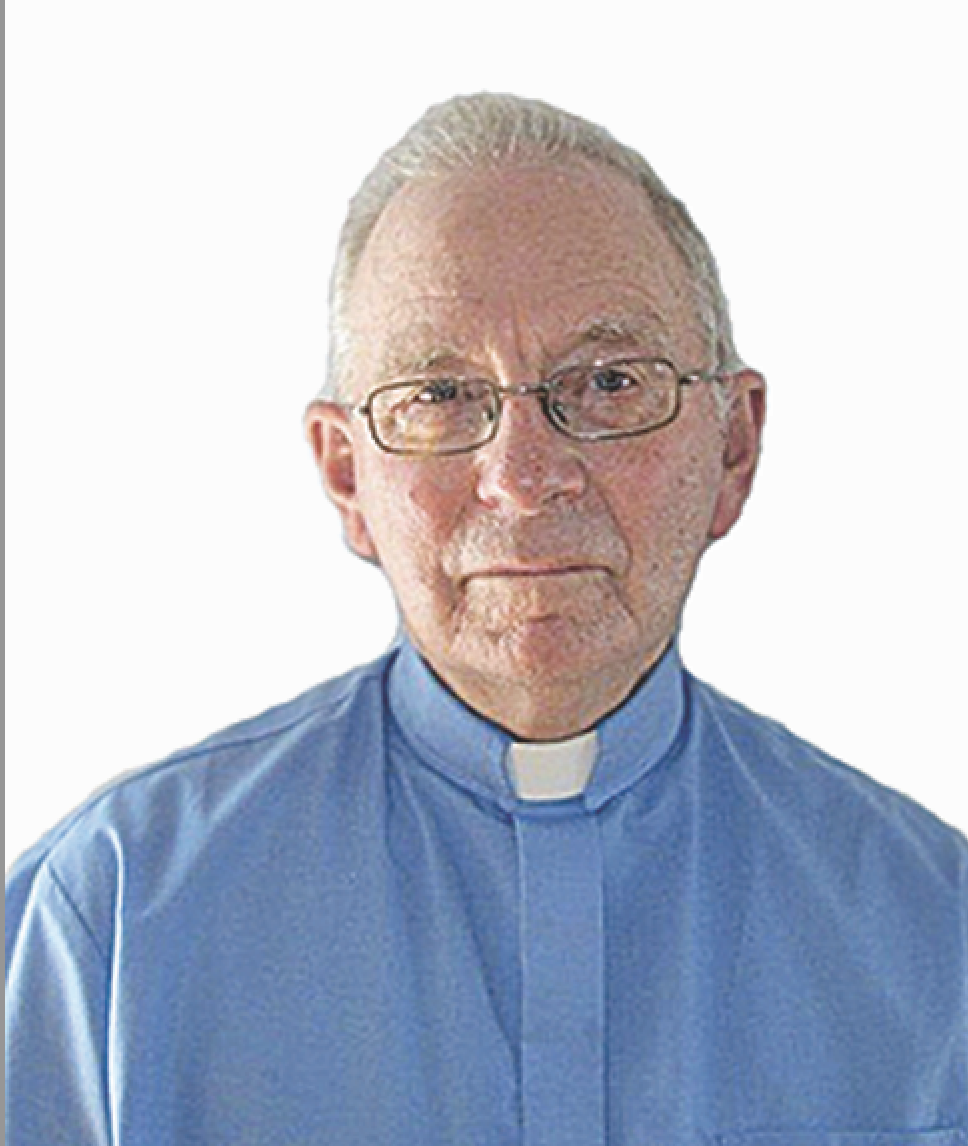According to the latest Gallup Poll, Christianity continues to decline in Europe, North America, and other “Western” counties. Their most recent poll found that only 47% of American adults were members of a church, synagogue, or mosque. For the first time the number has fallen below 50%. A recent poll from the UK claims that only 6% of adults identified themselves as practicing Christians, while 42% say they are non-practicing adherents.
In Canada, this decline is most evident in Quebec where the the dominant Roman Catholic Church began it downward spiral in the 90s with the “Quiet Revolution.” Now about 5% are regular church goers. A similar decline is happening in Ireland, once considered the most Catholic country in the world.
According to Statistics Canada, in Atlantic Canada only 17% attend church, down from 38% in 2019 (the pandemic is also be a factor). The Anglican Church of Canada has been reduced from 1.3 million in 1961 to 282,000 in 2017. A recent analysis estimated that 9,000 church buildings will close in Canada in the next decade. We are seeing this happening here as numbers in most denominations keep decreasing.
As membership declines, there are fewer left to continue carrying on the programs and activities of the Church. The ones left are aging or engaged in other charities. The Church is no longer in the forefront, but more on the sideline, and its presence is less visible. People, including those nurtured as Christians, are now exposed to other forms of religion, and have a range of choices if they wish to follow a spiritual path. What we have been seeing since the 1960s, beginning with the Baby Boomers, is that each generation is less involved with Christianity. It used to be that churches retained numbers because the next generation replaced the previous one. It is no longer the case. At the same time registered members are less active and involved. Recruitment is challenging for so many reasons.
Christians are divided on so many issues—doctrinal, ethical, political, cultural. Outsiders see in the Church’s institutional rot, overt racism, toleration of sexual abuse, thirst for power, denial, self-defensiveness, and lack of courage. And there is general lack of trust in organizations and their leaders, and churches are often regarded as hypocritical and narrow-minded.
It is customary to blame secularism, materialism, and anti-religion trends for the eclipse of religion in modern society. It would be more honest to blame religions themselves for their own situations.
Tomas Halik, a Roman Catholic priest, asserts that this time of empty church buildings exposes the Church’s hidden emptiness. Unless they can show the world a completely different face of Christianity, decline will continue.
Abraham Heschel claims that a religion declines not because it was refuted, but because it became irrelevant, dull, oppressive, and insipid; where faith is replaced by creed, worship by discipline, love by habit. When the crisis of today is ignored because of the splendour of the past, when faith becomes a heirloom rather than a living fountain; when religion speaks only in the name of authority rather than with the voice of compassion, the message becomes meaningless.


